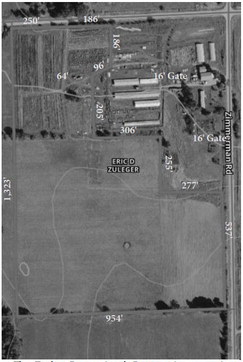State funding will help local farm business protect crops


EMILY GOJMERAC
REPORTER
The Wildlife Damage program works to do what they can to prevent crop damage on commercial areas. Eric an...


EMILY GOJMERAC
REPORTER
The Wildlife Damage program works to do what they can to prevent crop damage on commercial areas. Eric an...